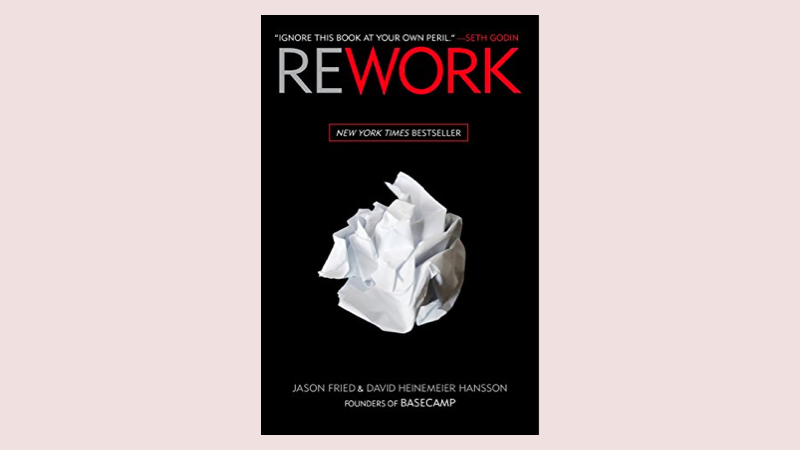Book summary: The Five Dysfunctions of a Team by Patrick Lencioni
The book in a paragraph Updated: November 2024. There are five fundamental causes of team dysfunction: absence of trust, fear of conflict, lack of commitment, avoidance of accountability and inattention to results. These dysfunctions can lead to team failure. The way to address these dysfunctions…






